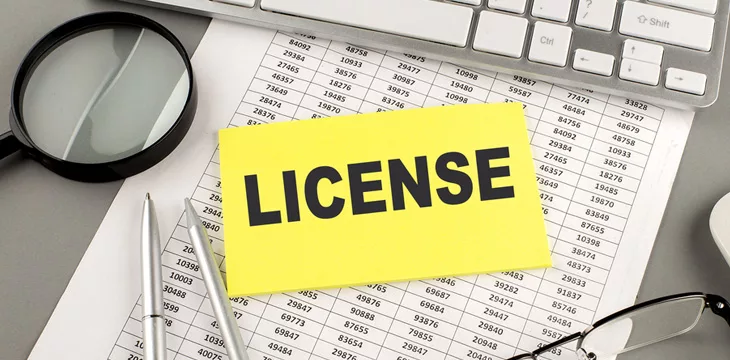|
Getting your Trinity Audio player ready...
|
After years of fighting digital assets, the Central Bank of Nigeria (CBN) finally lifted its ban and allowed commercial banks to serve the sector in December 2023. Weeks later, two startups have applied for licenses from the country’s securities watchdog, a local outlet reveals.
CBN’s ban stood for three years, taking effect in February 2021. However, Nigerians still traded digital assets, rising to become the world’s second-largest peer-to-peer trading hub after the U.S. and ranking second globally for adoption.
According to a report by TechCabal, Nigerian VASPs have wasted no time. They are pushing to secure licenses from the Securities and Exchange Commission (SEC), the agency that has jurisdiction over the sector. The outlet, which cited sources within the SEC, didn’t disclose the names of the two applicants.
However, three of the leading trading platforms in the region admitted that they had been in consultations with the SEC even before the CBN lifted the ban.
Luno, a Digital Currency Group-owned exchange, denied having applied for a license, while Yellow Card, a Nigerian exchange with a regional footprint, admitted to the SEC consultations.
“We have not made any public moves yet, but it is in the process,” a representative from Yellow Card told the outlet.
Yellow Card has been supportive of balanced regulations for years. In a recent interview
with CoinGeek, CMO John Colson pointed out that regulations are the only way “to ensure user security, foster transparency, and build trust.”
Nigeria is poised to keep dominating the digital assets sector in Africa, according to a recent report by EMURGO, a blockchain-focused VC firm. In its report this week, the firm singled out Nigeria’s struggling economy with high inflation and a weakening currency as the key driver to the rise of digital asset adoption. The report says that a surge in stablecoin
adoption proves that Nigerians are venturing beyond speculation to digital asset payments.
Watch: Championing blockchain adoption in Africa with Mohammed Ibrahim Jega

 02-17-2026
02-17-2026 




